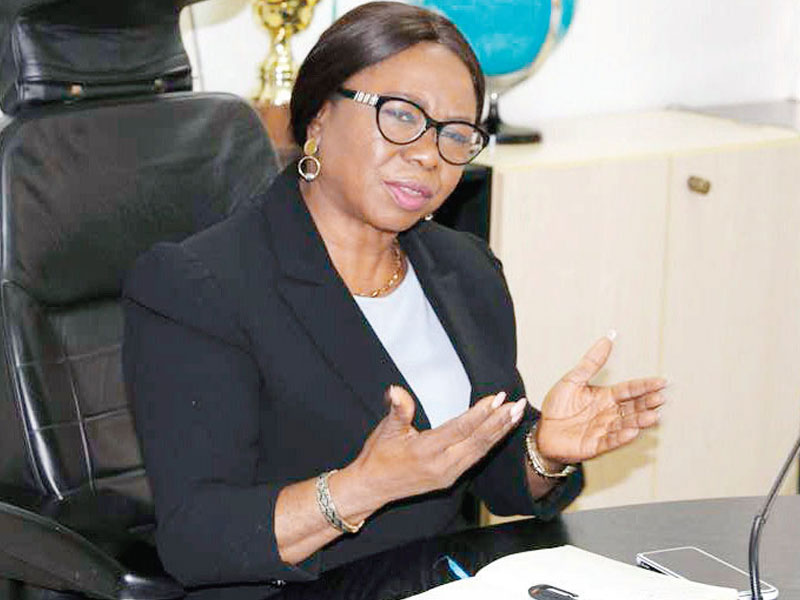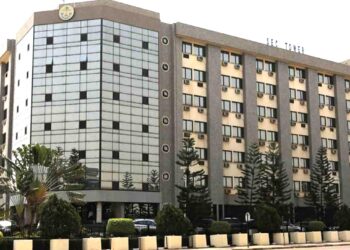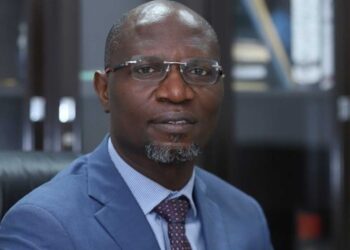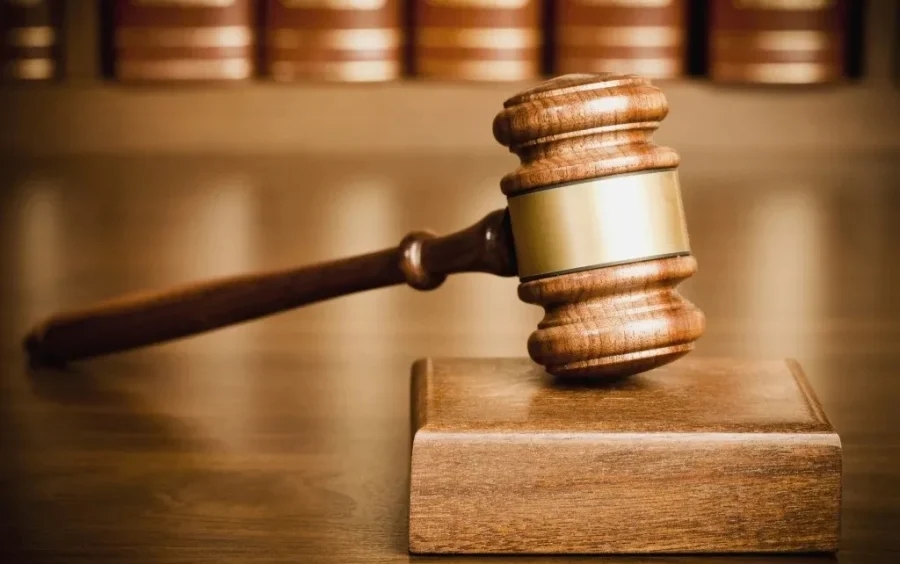The Securities and Exchange Commission (SEC) has issued a notice to begin the commencement of verification exercise for 4,160 Nigerians who participated in an illegal investment (Ponzi Scheme) organized by Dantata Success and Profitable Company (DSPC).
This information was revealed in a circular titled, “Notice of commencement of verification of claims of unpaid investors,” which was made available by the Exchange Commission on its website. According to the circular, investors are required to approach the Commission with pieces of evidence to verify their claims.
“Sequel to the appointment of Joint Administrators/Trustees for Dantata Success and Profitable Company by the Securities and Exchange Commission (SEC), pursuant to Sections 13 and 173 of the Investment and Securities Act, and consequent to an Order Exparte granted by the Federal High Court, Kano, notice is hereby given to members of the investing public that invested in the entity’s illegal collective investment scheme to come forward for verification of claims.”
[READ ALSO: Angry Nigerians storm Loom office as Ponzi scheme crashes]
The back story: The notice of SEC’s intervention is coming months after the Commission sealed the premises of the company in Kano on 6th February 2019, for its engagement in illegal capital market activities.
SEC earlier declared that the company engaged in operations that fall within the fund management investment category, without registering with the Exchange Commission. In addition, the Commission obtained court orders to freeze the bank accounts of the company to preserve the funds of investors in line with Section 13 (x) of the ISA 2007.
Also according the Commission, the company disguised under an investment scheme, a strategy to solicit funds from gullible members of the public through attractive monthly returns of between 25%- 50% on their investments.
Meanwhile, interest paid was dependent on the nature and type of investment with forms sold by the company, in accordance with investment plans to prospective investors. The forms were priced from N1000 to N3000, as investors were allowed a minimum investment of N50,000 and maximum of N5 million. Hence, this suggests SEC is ready to disburse the money back to investors who fell victims.
[READ MORE: SEC warns ponzi-thirsty Nigerians against Loom Money Nigeria]
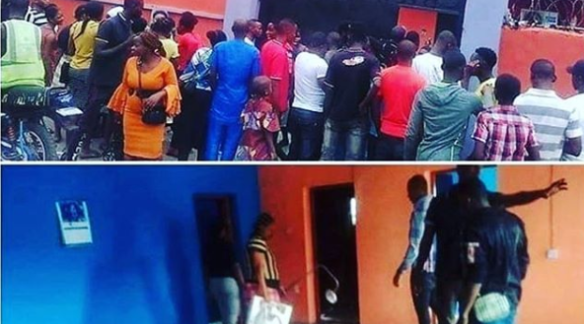
Verification plans: Although plans were underway by the Commission to begin the verification exercise for earlier investors in the company as of May 2019, the Commission has scheduled the exercise to begin on July 15 and run through July 19. The venue is Kano City, for the four batches. The schedule is as follows.
- On July 15, a total of 478 persons shall be verified in batch 8.
- Batches 9 and 10 are slated for 16th and 17th of July with 780 and 1272 persons to be verified respectively.
- A total number of 1630 persons are to be confirmed on the last day on the 19th of July.
Requirements for the exercise: All unpaid DSPC Scheme investors are necessarily advised to attend in person, as attendance by proxy is not acceptable. Claimants must bring the following documentary evidence/information along, for the verification exercise.
1. All original documents and proofs of evidence of investment in the illegal scheme including Bank Teller, Bank Deposit Slip, Bank Online Transfer Advice, Completed DSPC Investment Form, E-mail/WhatsApp Correspondence and DSPC Payment Receipt.
2. Any acceptable means of identification such as National Identity Card, Driver’s License, Permanent Voter’s Card or International Passport.
3. Detail of Claimant’s Bank Account and Bank Verification Number (BVN).
[READ FURTHER: Again, SEC cracks down on another ponzi scheme firm]
What this means: The step taken by SEC is a deliberate attempt to clean the financial sector of any illegal activity aimed at defrauding citizens of their funds. However, the harsh economic condition in the country led most credulous Nigerians into Ponzi schemes to make quick and fast cash out.
Meanwhile, for SEC, this does not seem to be a frequent move. As attractive as Ponzi schemes are, they come with a lot of risks, without the the approval of the Exchange Commission. This makes it illegal and unsafe.

